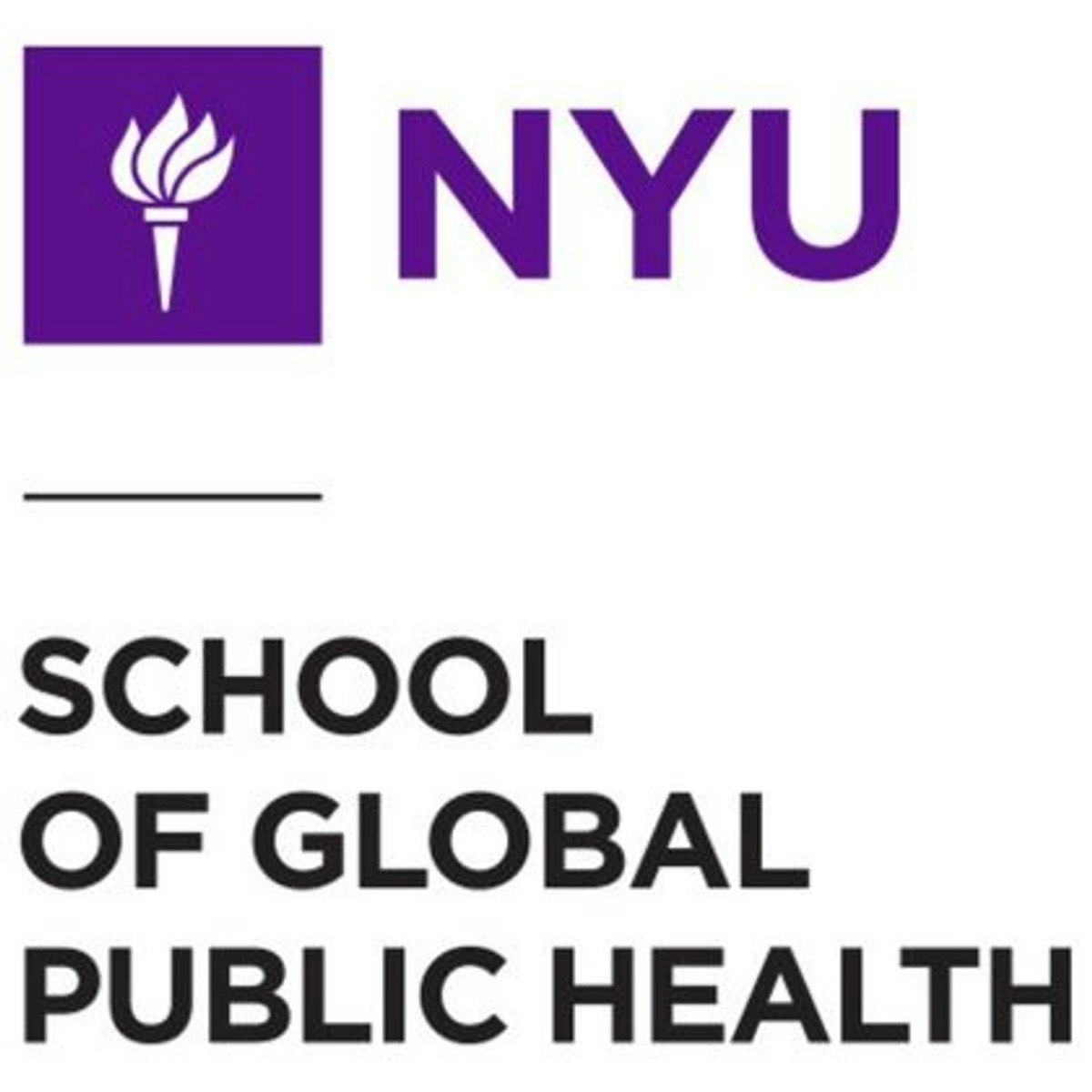
This course is aimed at intervention scientists working in any area--including public health, education, criminal justice, and others—interested in learning about an innovative framework for conducting intervention research. This course will show you how to use the multiphase optimization strategy (MOST) to: streamline interventions by eliminating inactive components; identify the combination of components that offers the greatest effectiveness without exceeding a defined implementation budget; develop interventions for immediate scalability; look inside the “black box” to understand which intervention components work and which do not; and improve interventions programmatically over time. In this course you will relate the MOST framework to your research objectives; learn how MOST differs from the standard approach to intervention development and evaluation; learn how to complete the preparation and optimization phases of MOST; and become familiar with rigorous and highly efficient experimental designs that will enable you to examine the performance of individual intervention components.
What's inside
Syllabus
Module 1: MOST is a Different Way of Thinking
Module 2: The Factorial Optimization Trial and the Factorial Analysis of Variance (ANOVA)
Module 3: Some Conceptual and Technical Aspects of the Factorial Experiment
Read more
Syllabus
Good to know
Save this course
Activities
Read "Multiphase Optimization Strategy in Intervention Research"
Show steps
Gain a deeper understanding of the MOST framework by reviewing the seminal work that introduced it.
View
Optimization of Behavioral, Biobehavioral, and...
on Amazon
Show steps
-
Read and summarize the key concepts of the MOST framework.
-
Identify examples of how MOST has been applied in various intervention domains.
MOST Study Design Peer Review
Show steps
Engage with peers to evaluate and provide feedback on MOST study designs, fostering critical thinking and collaboration.
Browse courses on
Peer Review
Show steps
-
Present your MOST study design to peers for review.
-
Provide constructive feedback on peers' study designs.
Factorial Experiment Design Exercises
Show steps
Develop your skills in designing factorial experiments, a key component of MOST.
Browse courses on
Optimization Techniques
Show steps
-
Review the principles of factorial experiment design.
-
Complete exercises to design factorial experiments for different intervention scenarios.
Two other activities
Expand to see all activities and additional details
Show all five activities
MOST Research Proposal Outline
Show steps
Synthesize your learning by creating an outline for a research proposal that utilizes the MOST framework.
Browse courses on
Intervention Research
Show steps
-
Identify a research question and specific aims related to an intervention.
-
Develop a rationale for using the MOST framework.
-
Outline the design of your proposed MOST optimization trial.
Design an Intervention to Address a Socioeconomic Problem
Show steps
Create a comprehensive intervention plan that tackles a socioeconomic issue, putting the MOST framework into practice.
Browse courses on
Intervention Development
Show steps
-
Identify a socioeconomic problem and its root causes.
-
Develop potential intervention components that address the identified root causes.
-
Design a factorial optimization trial to test the effectiveness of different intervention component combinations.
-
Conduct the trial and analyze the results to identify the most effective intervention.
-
Implement and evaluate the optimized intervention in a real-world setting.
Read "Multiphase Optimization Strategy in Intervention Research"
Show steps
Gain a deeper understanding of the MOST framework by reviewing the seminal work that introduced it.
View
Optimization of Behavioral, Biobehavioral, and...
on Amazon
Show steps
- Read and summarize the key concepts of the MOST framework.
- Identify examples of how MOST has been applied in various intervention domains.
MOST Study Design Peer Review
Show steps
Engage with peers to evaluate and provide feedback on MOST study designs, fostering critical thinking and collaboration.
Browse courses on
Peer Review
Show steps
- Present your MOST study design to peers for review.
- Provide constructive feedback on peers' study designs.
Factorial Experiment Design Exercises
Show steps
Develop your skills in designing factorial experiments, a key component of MOST.
Browse courses on
Optimization Techniques
Show steps
- Review the principles of factorial experiment design.
- Complete exercises to design factorial experiments for different intervention scenarios.
MOST Research Proposal Outline
Show steps
Synthesize your learning by creating an outline for a research proposal that utilizes the MOST framework.
Browse courses on
Intervention Research
Show steps
- Identify a research question and specific aims related to an intervention.
- Develop a rationale for using the MOST framework.
- Outline the design of your proposed MOST optimization trial.
Design an Intervention to Address a Socioeconomic Problem
Show steps
Create a comprehensive intervention plan that tackles a socioeconomic issue, putting the MOST framework into practice.
Browse courses on
Intervention Development
Show steps
- Identify a socioeconomic problem and its root causes.
- Develop potential intervention components that address the identified root causes.
- Design a factorial optimization trial to test the effectiveness of different intervention component combinations.
- Conduct the trial and analyze the results to identify the most effective intervention.
- Implement and evaluate the optimized intervention in a real-world setting.
Career center
Intervention Scientist
Research Scientist
Public Health Analyst
Program Manager
Data Analyst
Health Educator
Education Researcher
Criminal Justice Analyst
Epidemiologist
Applied Statistician
Policy Analyst
Program Evaluation Specialist
Community Health Worker
Research Assistant
Project Manager
Reading list
Share
Similar courses
OpenCourser helps millions of learners each year. People visit us to learn workspace skills, ace their exams, and nurture their curiosity.
Our extensive catalog contains over 50,000 courses and twice as many books. Browse by search, by topic, or even by career interests. We'll match you to the right resources quickly.
Find this site helpful? Tell a friend about us.
We're supported by our community of learners. When you purchase or subscribe to courses and programs or purchase books, we may earn a commission from our partners.
Your purchases help us maintain our catalog and keep our servers humming without ads.
Thank you for supporting OpenCourser.


